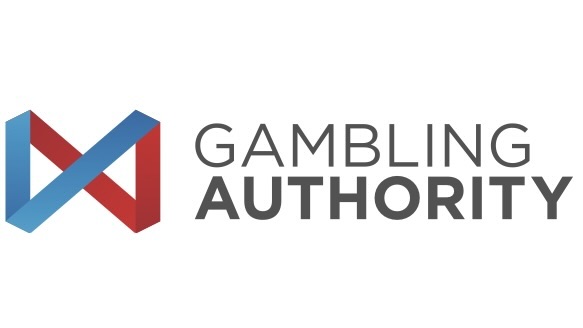Problem Gambling in Botswana: Youth at Highest Risk

The Botswana Gambling Authority has released a national study addressing the growing issue of problem gambling in the country.
Overview: How Many Gamble and How Many Struggle
According to the report, 36.6% of Botswana’s population engage in gambling activities, and 6.7% show signs of addiction. The study included a wide range of demographic and social groups.
Special attention was given to young people and vulnerable populations. The full report was published by the Botswana Gambling Authority.
Key Statistics
| Indicator | Value |
|---|---|
| Gambling participation rate | 36.6% |
| Individuals with signs of addiction | 6.7% |
| Problem gamblers using illegal sites | 12% |
| Women acknowledging gambling problems | 38% |
| Men acknowledging gambling problems | 34% |
| Started gambling before age 21 | 20% |
| Gamblers spending beyond their means | 57% |
| Retirees showing signs of addiction | 36.3% |
Youth Identified as Most Vulnerable Group
Experts have identified the 21–35 age group as particularly at risk. The driving factors include high unemployment, lack of stable income, and easy access to unregulated online platforms.
This demographic showed the highest incidence of risky behavior — excessive spending, escapism, and debt-related issues.
Risk Factors Among Youth
- Unemployment and unstable income
- Low financial literacy
- Early exposure to gambling (20% started before age 21)
- Accessibility of illegal gambling websites
Illegal Online Gambling Exacerbates the Issue
The report found that 12% of addicted gamblers use unlicensed platforms. These sites are not regulated by the government and often use aggressive advertising and promises of quick wins, increasing the risk of dependency.
Minister of Trade Thioeone Ntsima has called for tighter regulation of illegal online gambling and emphasized the need for support programs for those affected, as well as educational initiatives on personal financial management.
Gender Differences in Acknowledging Addiction
Interestingly, 38% of women reported recognizing their gambling problems, compared to 34% of men. This may reflect greater openness among women to seek help and engage in self-reflection.
Retirees: A Forgotten Risk Group
An unexpected finding was that 36.3% of retired individuals involved in gambling displayed signs of addiction. These are often people with limited income who may gamble to recover losses or supplement their finances.
Proposed Measures
- Stricter regulation of online gambling platforms
- Financial literacy education in schools, universities, and media
- Development of support programs for those struggling with addiction
- Establishment of helplines and counseling centers
Conclusion
Problem gambling in Botswana is a serious social and economic issue affecting both youth and the elderly. The report underscores the need for comprehensive strategies — from prevention to rehabilitation.
